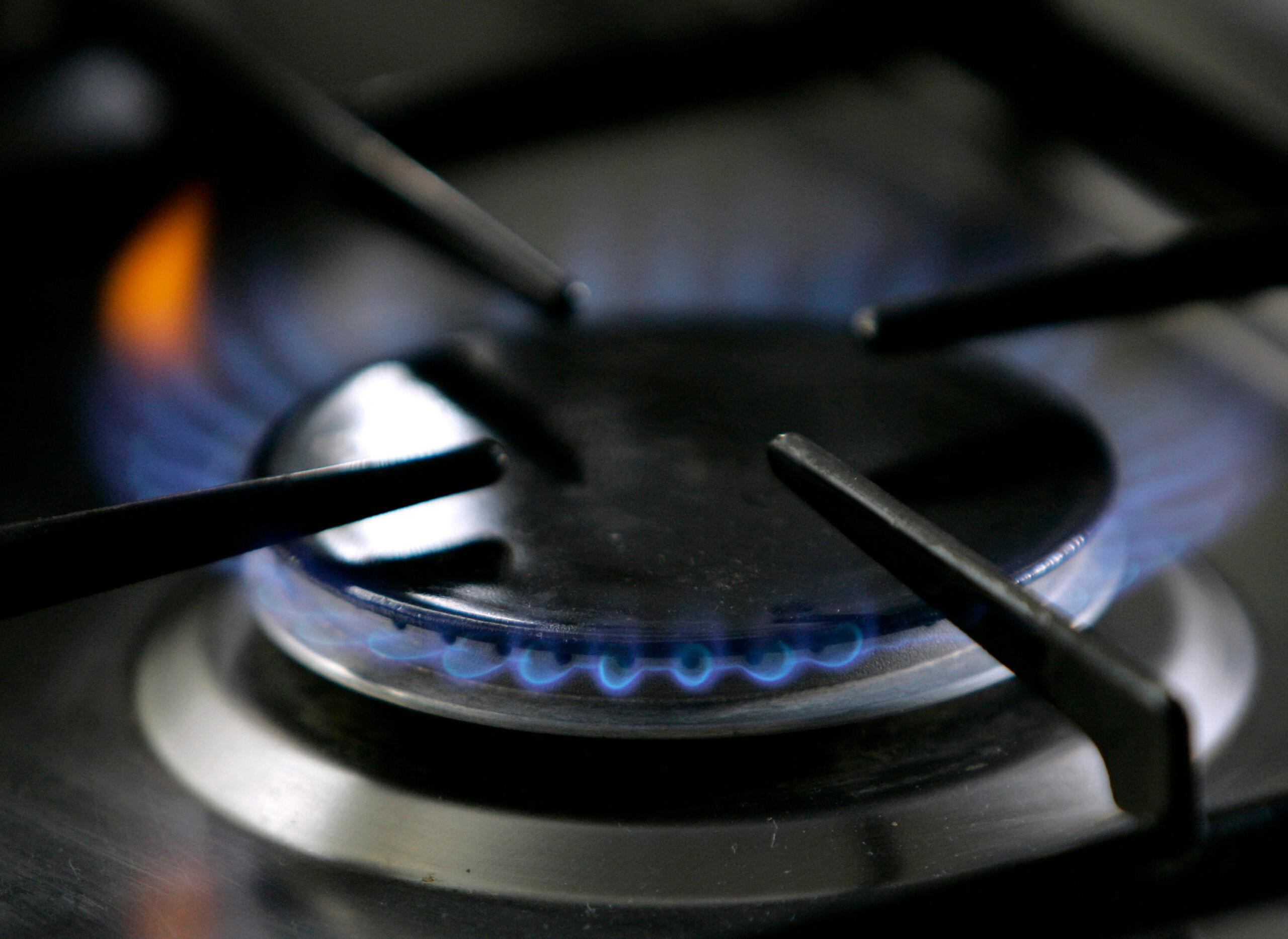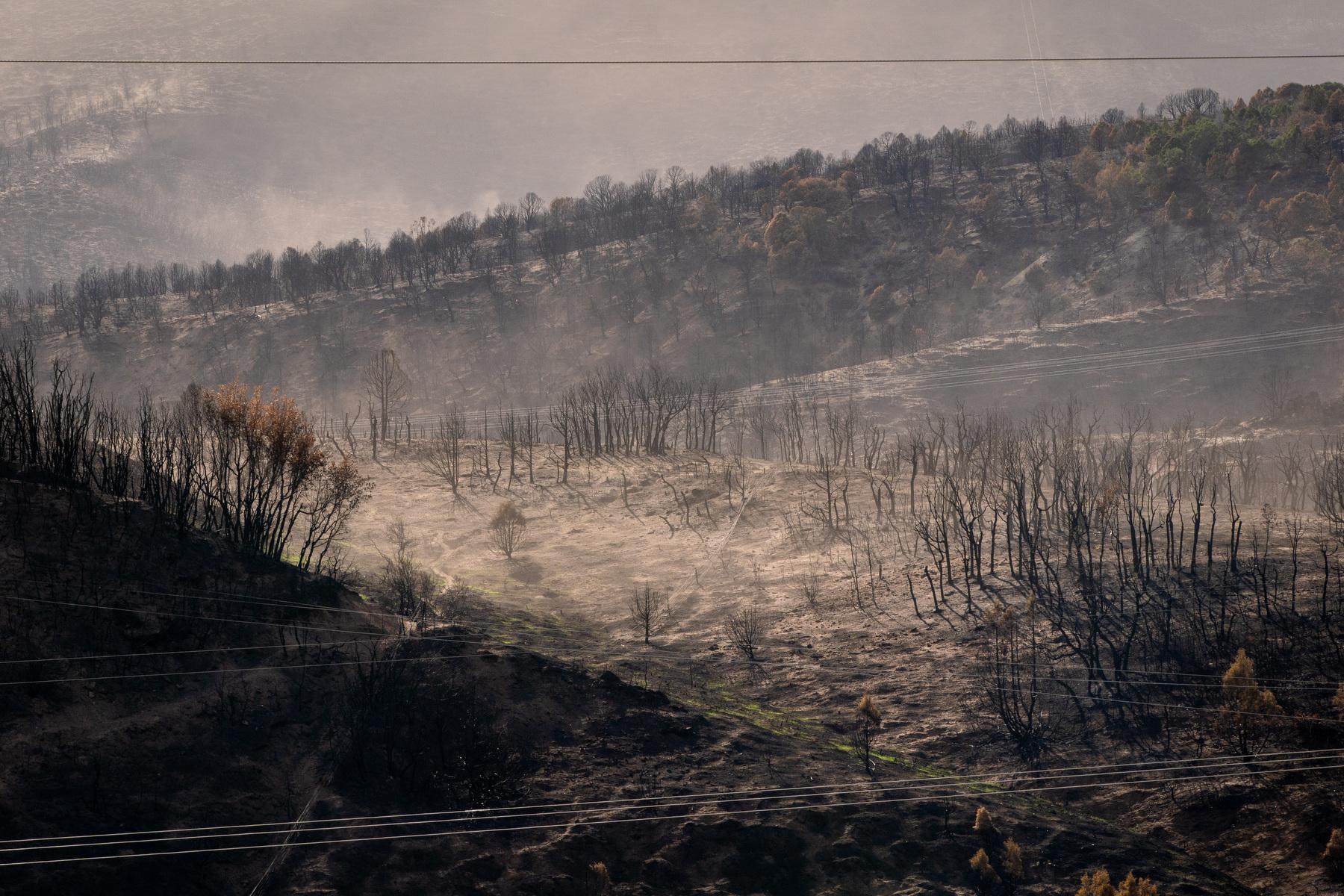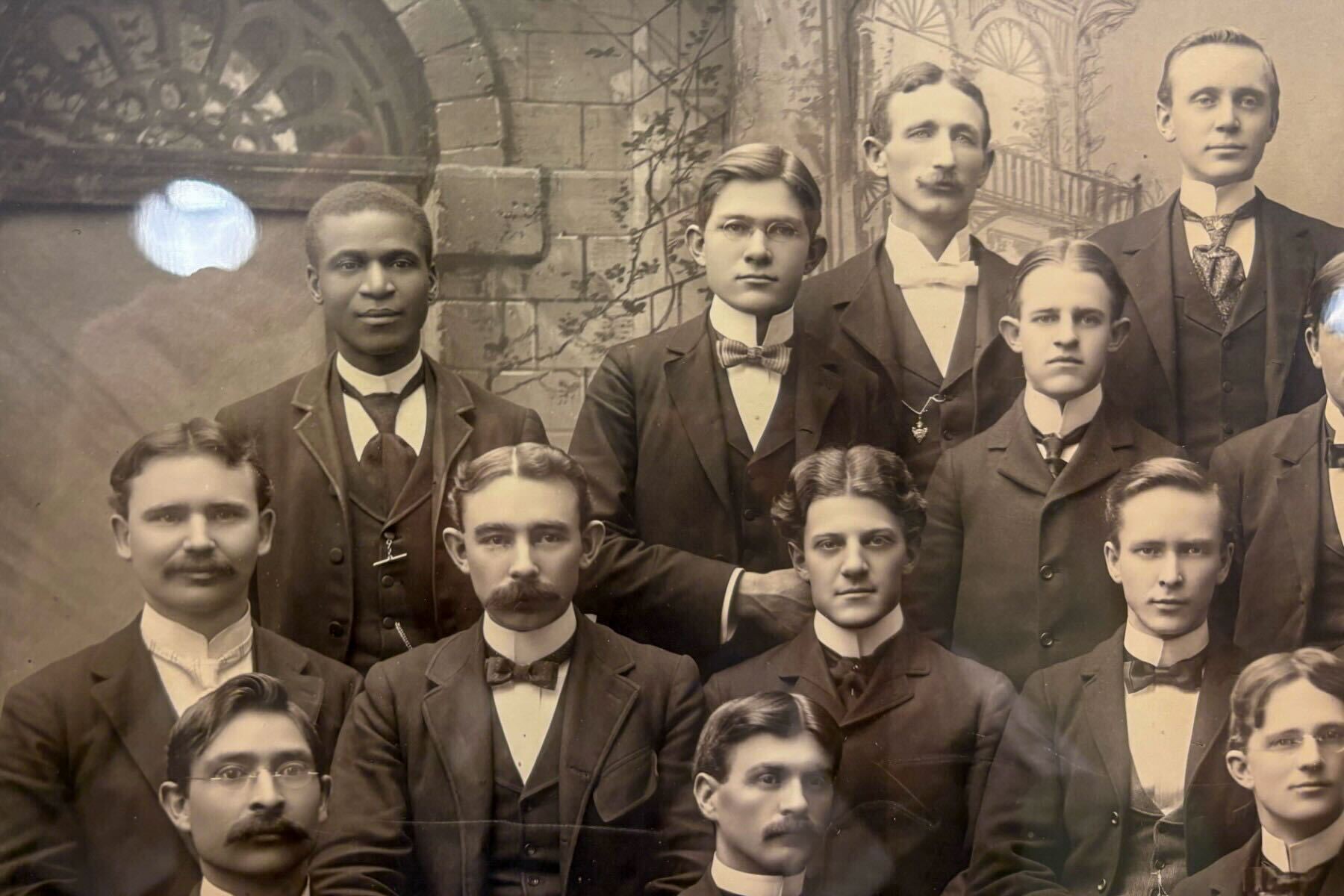
Anyone shopping for a gas stove in Colorado might soon notice a yellow label warning them of the air quality risks.
That’s after a new first-in-the-nation state law took effect on Wednesday.
Signed by Gov. Jared Polis in May, the law requires retailers to display labels, in Spanish and English, encouraging potential buyers to investigate the health impacts of owning an indoor gas stove. The label must include a URL or QR code leading to a state webpage with information about the risks associated with the appliances.
Colorado is the first state to require a health warning label on gas stoves and cooktops, according to Nick Torres, an advocacy director for the American Lung Association covering Colorado, Wyoming and Utah. He said the labels will help shoppers make an informed decision.
“It’s a good approach to capture the need for quality, evidence-based information consumers could trust at the point of sale,” Torres said.
The law, however, is already facing a legal challenge seeking to stop its enforcement.
The Association of Home Appliance Manufacturers filed a federal lawsuit on Wednesday claiming the labeling requirement violates the First Amendment by forcing manufacturers and retailers to direct consumers to “misleading” information about health risks linked to gas stoves. It further argues there’s no scientific consensus that cooking on a gas stove causes health issues.
The labeling law is one piece of a nationwide battle over whether households should continue burning fossil fuels indoors.
By switching to all-electric appliances, health and climate advocates say consumers can breathe cleaner air while cutting their overall contribution to global warming. Meanwhile, the natural gas industry insists combustion represents a less significant source of indoor air pollution than cooking. Frying, for example, produces particulate matter.
Similar legislation failed in Illinois and New York last year. California lawmakers approved a bill requiring labels noting that gas stoves emit pollution “toxic to people and pets.” But Gavin Newsom vetoed the legislation in September 2024 due to concerns that language on the labels couldn’t be updated to reflect the latest science.
Since then, New York lawmakers have revived their proposal to put warning labels on gas stoves. Massachusetts is now considering another version, which would require stickers warning that the cooking devices “release nitrogen dioxide and carbon monoxide inside homes.”
Colorado’s law doesn't mandate stickers detailing air pollutants or potential health risks. It instead requires labels urging potential buyers to “understand the air quality implications of having an indoor gas stove,” and directs shoppers to a webpage for more information.
The page went live on the Colorado Department of Public Health and Environment website on Wednesday. It notes “there is evidence” gas stoves produce a wide range of air pollutants known to increase the risk of “chronic heart and lung diseases, asthma, impacts to the immune system, and some cancers.” It also provides a list of sources and peer-reviewed research and recommends using hoods to vent any emissions outdoors.
Natural gas utilities and a trade group representing retailers opposed the legislation at the Colorado Capitol. Tom Clark, the executive director of the Colorado Propane Gas Association, lobbied against the bill, saying it could give the state a platform to share inaccurate information about the health risks of cooking with fossil fuels.
“It leaves us open to an agency within the state to subjectively put whatever information they want without any oversight or regulation,” Clark said. “We will monitor that to make sure there’s no misleading information.”
Recent studies have found that gas stoves release indoor air pollution linked to a greater risk of respiratory conditions and certain cancers. One study, for example, found roughly 13% of childhood asthma cases can be attributed to gas stoves.
Another recent study from a team at Stanford University found that gas stove emissions often contain more cancer-causing benzene than secondhand smoke. Followup research measured air quality levels in 87 homes with gas stoves in Colorado and California, concluding the appliances significantly increase cancer risk for adults and children.
The study also found that using vent hoods or opening windows can limit benzene exposure, but ventilation alone doesn’t fully eliminate cancer risk.
Cooking indoors produces air pollution, no matter the energy source. By switching from a gas to an electric stove, however, a recent study led by Columbia University found that residents were able to significantly cut levels of nitrogen dioxide, a pollution known to increase the risk of childhood asthma.
It’s unclear if retailers have started affixing the warnings in brick-and-mortar showrooms and online stores. The labels weren’t displayed on appliances at a Home Depot in Denver on South Santa Fe Drive by Wednesday afternoon.
Under the legislation, any failure to properly label stoves counts as a deceptive trade practice under Colorado's consumer laws. The Colorado Attorney General enforces state-level consumer protections.
A spokesperson for the Colorado Attorney General’s Office declined to comment on plans to enforce the law due to the pending litigation.








